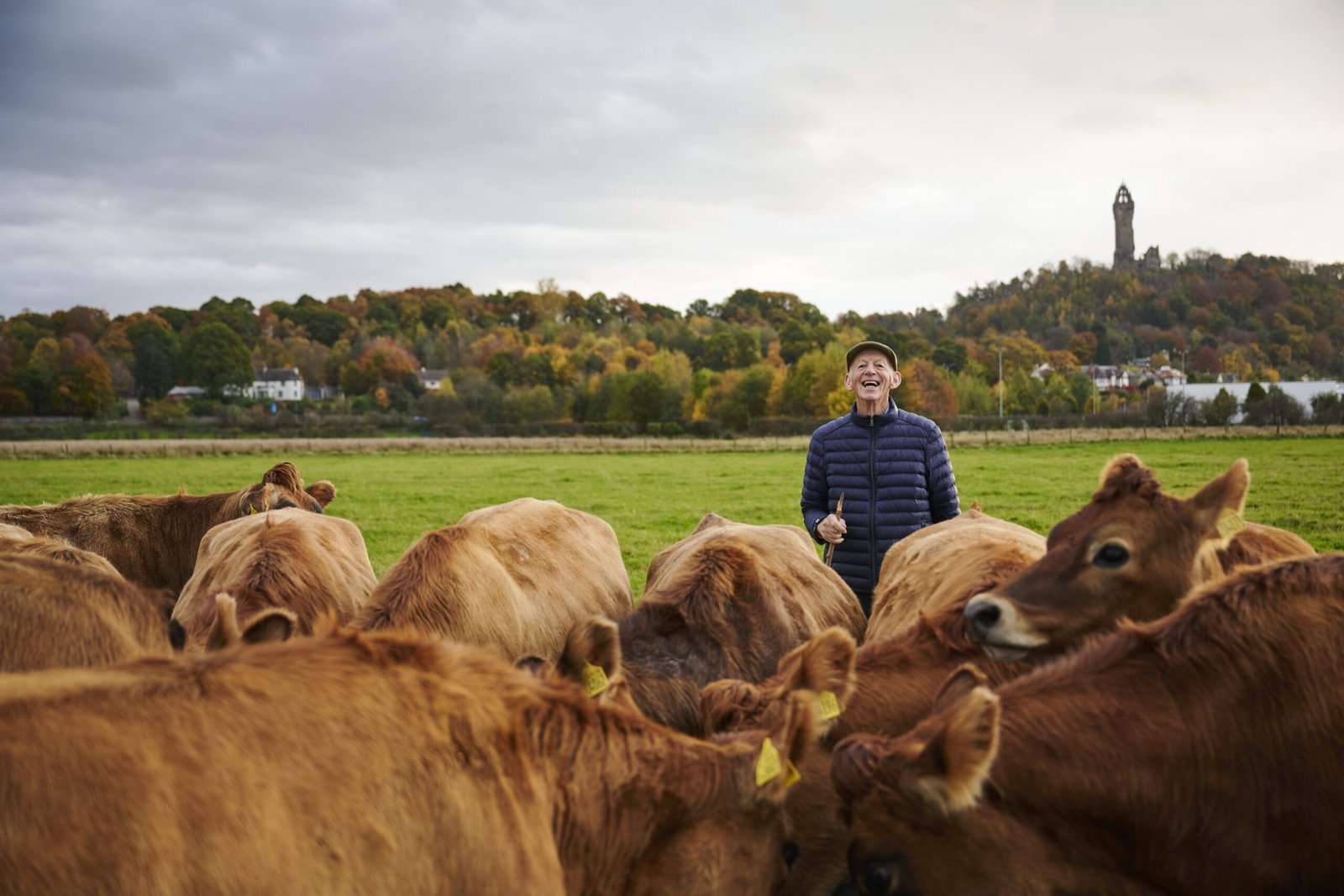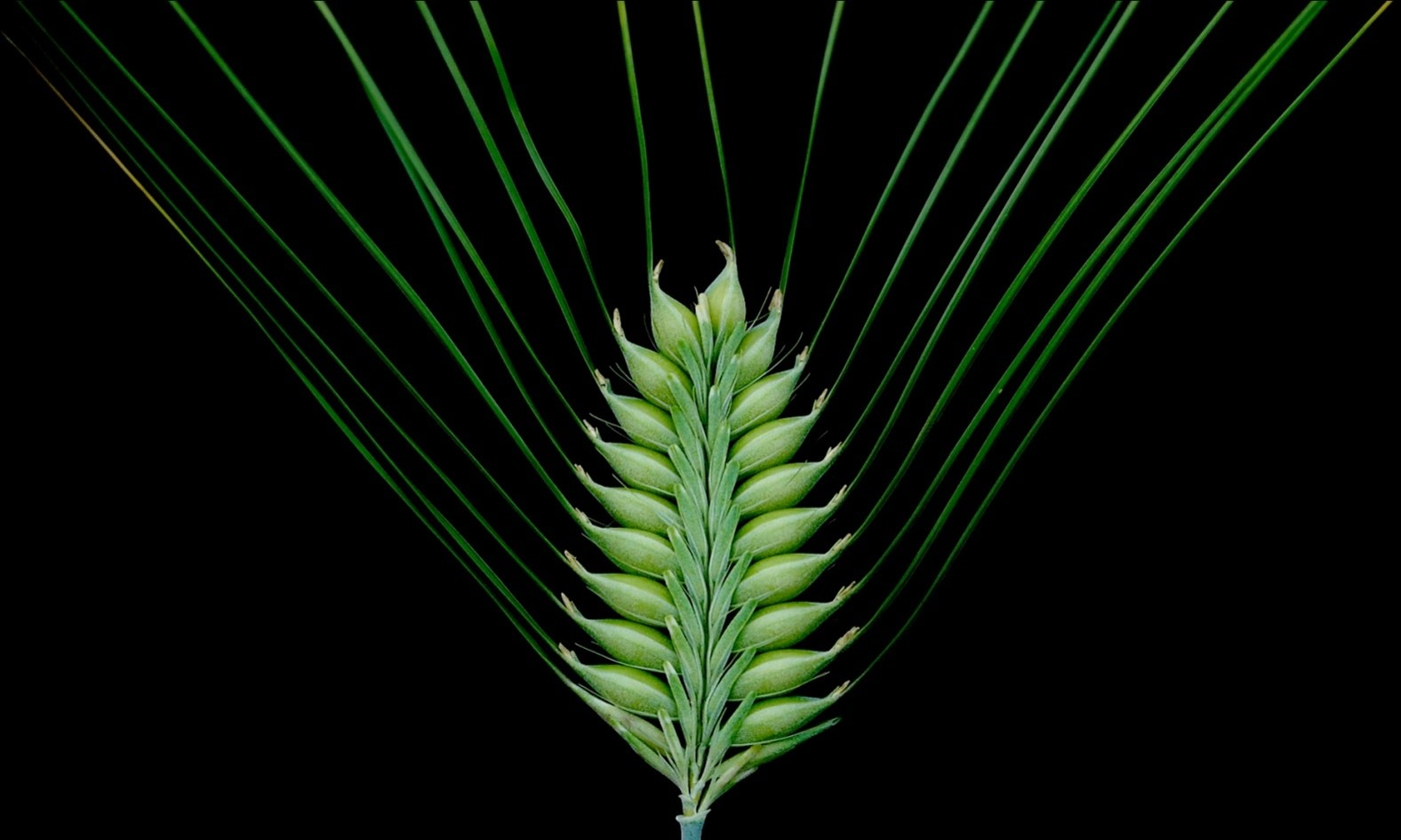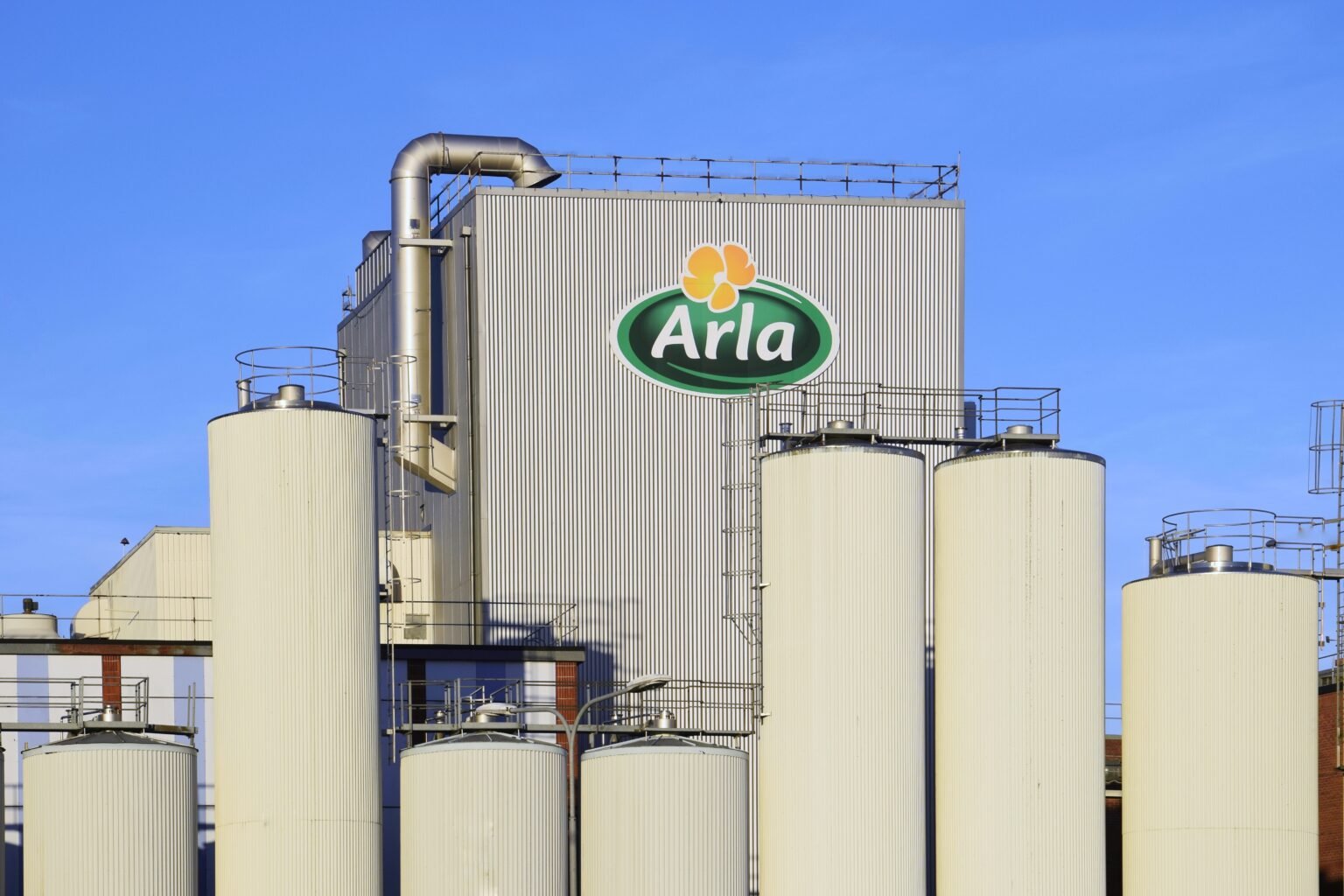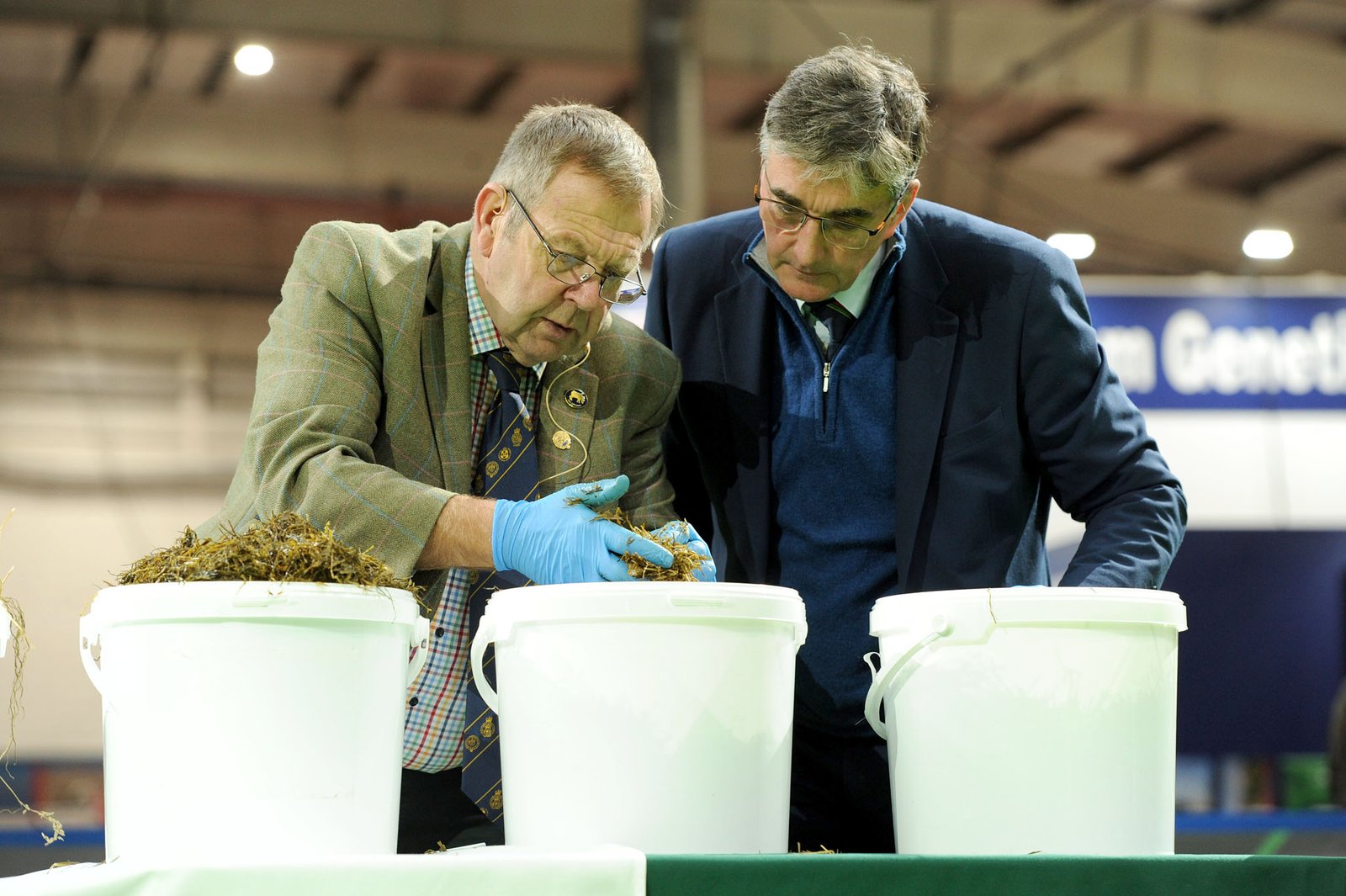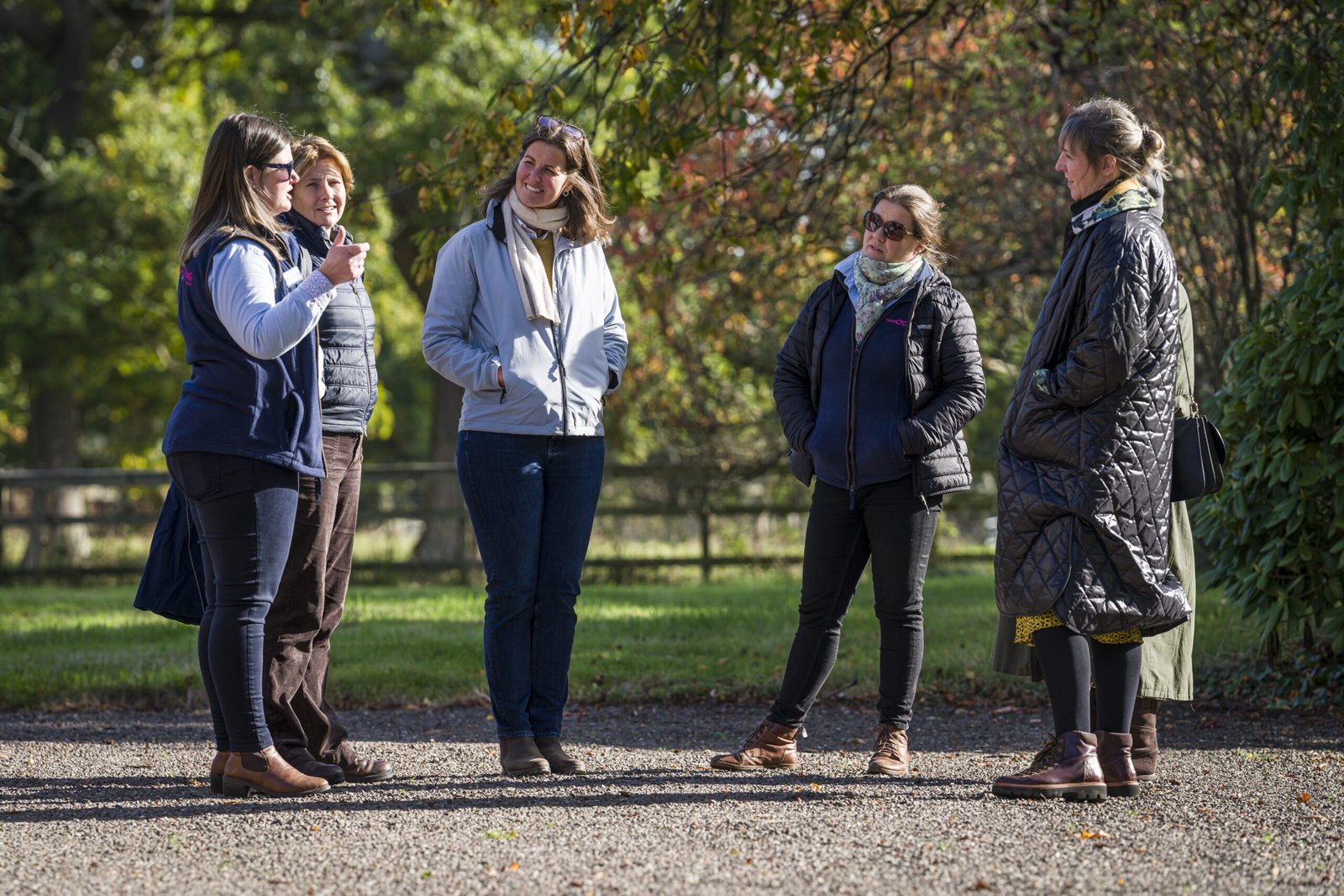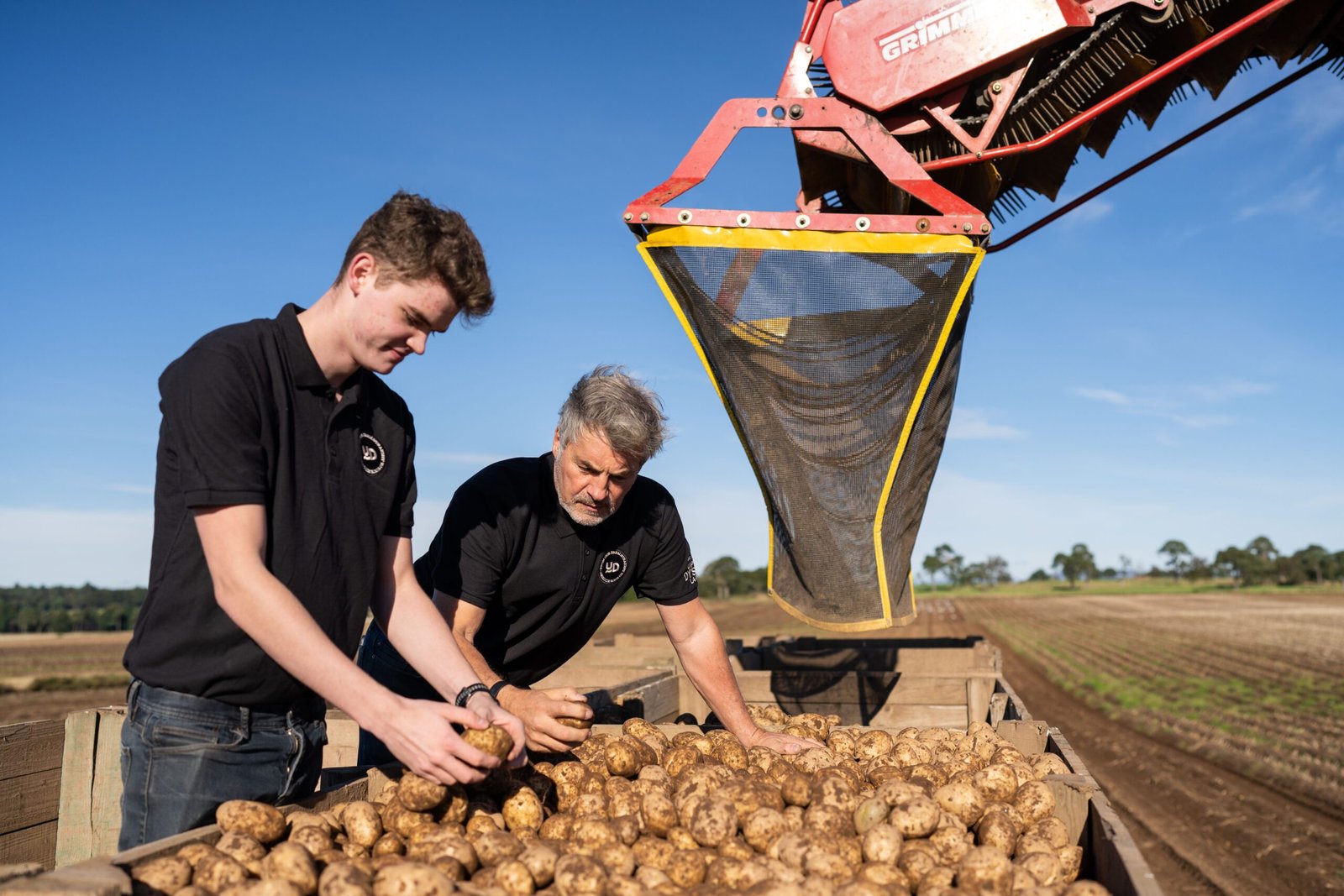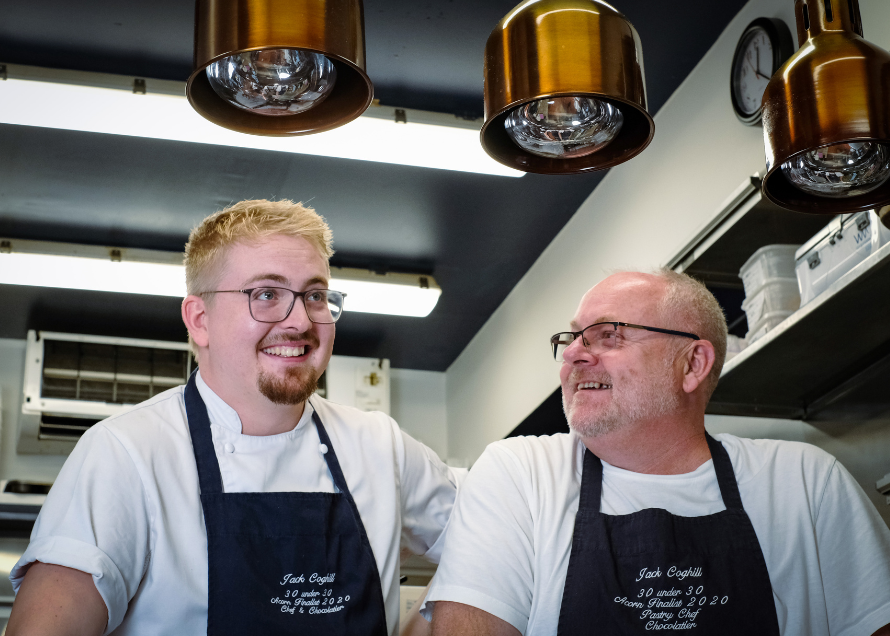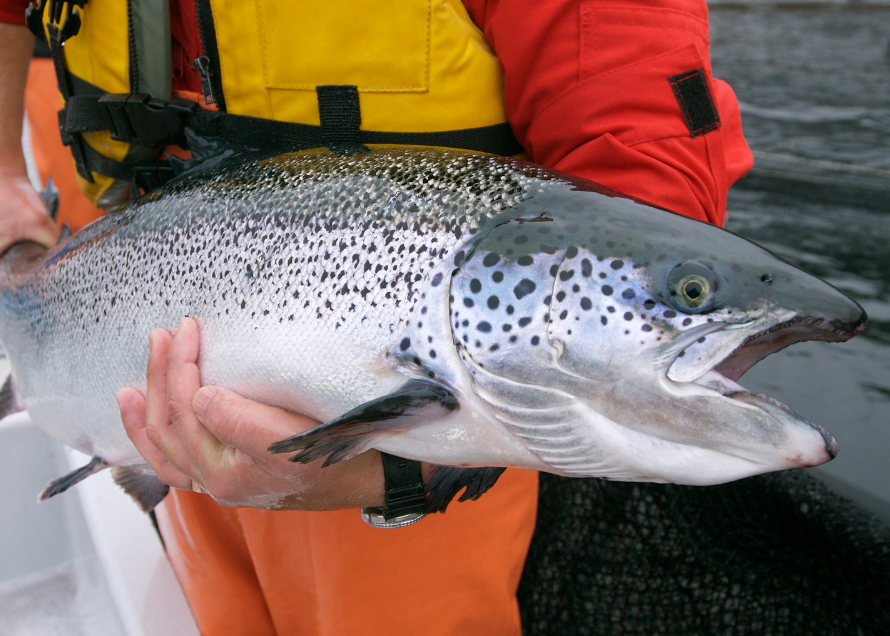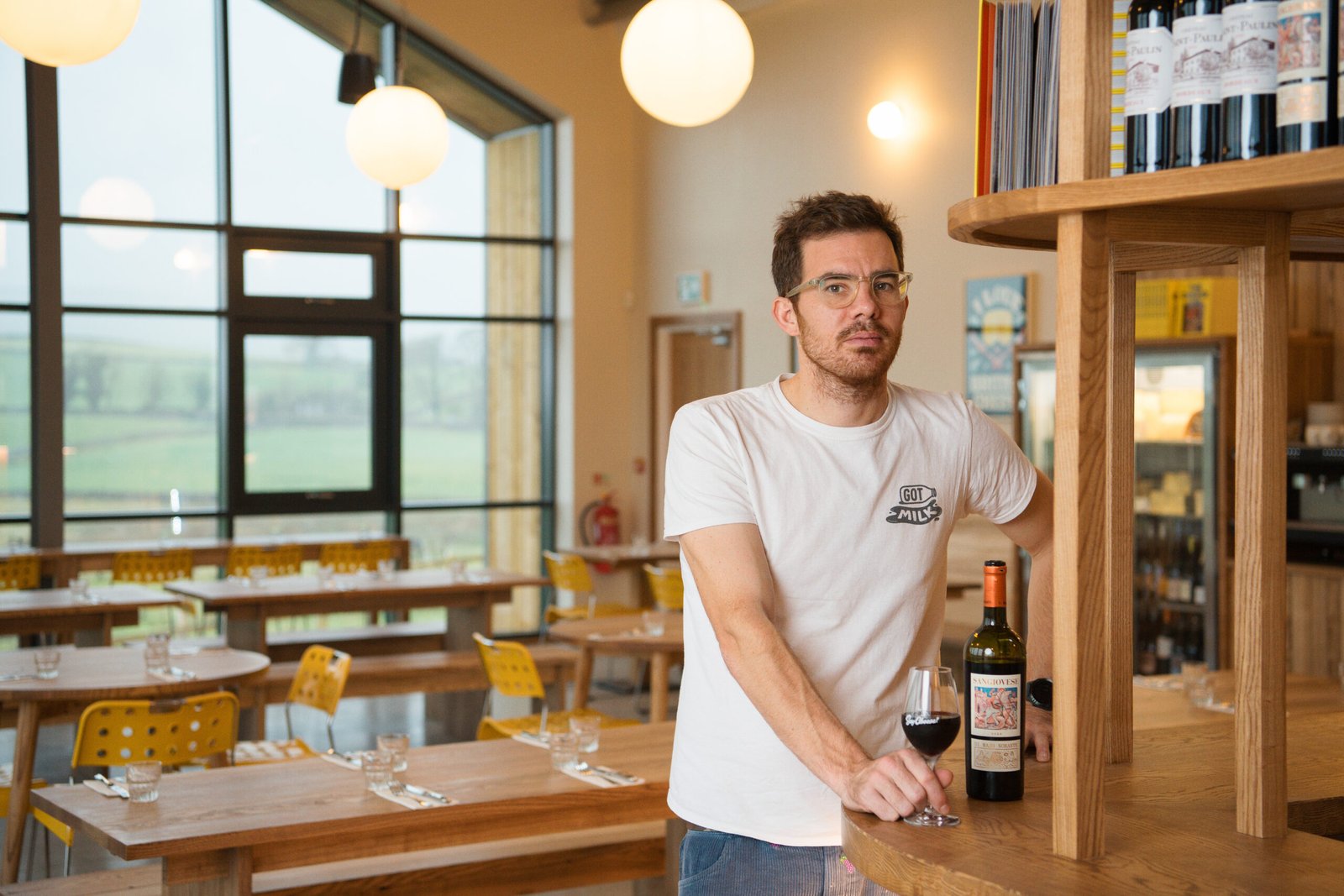Rona Jordan, Agricultural Business Manager for the Aberdeenshire for Virgin Money, gives her thoughts and advice on diversifying your farming business:
“This year, 2022, will go down in farming as one of the most tumultuous years on record. We have seen a massive increase in diesel, gas, electric and fertiliser costs, not to mention a hike in most other farm input costs. We continue to see a shortage of available labour for harvesting and we have seen a reduction in the availability of new machinery. In addition, we have also endured a particularly dry growing season, causing reduced crop yields and this is already having a knock-on effect for the 2023 cropping year. On the upside, fortunately we have seen some increase in most (but not all!) farm produce prices, which has enabled farm businesses to maintain varying levels of profitability.
That said, volatility in farming is nothing new. Summer rainfall rarely delivers the perfect amount, affecting crop and livestock yield and quality. Depending upon supply and demand, farm produce prices do move significantly up and down. Now we are facing a potential change in government support schemes, causing many farmers and farming estates to rethink their agricultural activity and approach.
One of the ways some farmers have tried to manage this volatility within their business is to create a diversified income stream from the farm holding that sits alongside the main farming enterprise. Earlier this year, we surveyed 300 Virgin Money farming customers, and a staggering 28% had diversified in some form in the last six months.
For many years, when farmers have looked to diversify, they have commonly established farm shops, let out the redundant traditional farm buildings, provided contracting services to other farmers, or provided an area of land to pitch or store caravans. Well things seem to be changing and we are now seeing far more varied, imaginative, and interesting diversified initiatives.
Given the hike in gas and electric costs, one of the most common diversification initiatives at the moment is the installation of renewable energy technology, such as solar panels, wind turbines, biomass boilers, or anaerobic digestors. The power generated can be for own use or for export to the national grid.
However, beyond this we are seeing a whole range of different initiatives. Some beef and lamb producers are creating enterprises to butcher, process, and pack their own beef and lamb, selling locally into shops, pubs, restaurants, and to local people. Some are retailing stone for driveways or patios, other farmers are sourcing wood and selling logs. We are seeing farmers let land for recreational purposes, such as for walking, horse riding, cycling or dog walking. Some are making basic farm machinery and equipment, others are buying old classic machinery and completely refurbishing it for resale to collectors. We are also seeing farmers take in green waste for composting. The list goes on!
From a banking point of view, generating diversified income streams is potentially very good for enhancing profitability and reducing some of the volatility in farm cashflows. However, you do need to plan and tread carefully to ensure you make the diversified initiative a success.
You Might Also Like:
Before making a move to diversify, there are several questions that you need to think about in advance;
- What are your interests? If you are not interested in something you are unlikely to do well at it.
- Be honest with yourself, what are your skills and abilities? People won’t pay for rubbish!
- What resources do you have available to you that won’t detract from your current farming business? I.e. land, buildings, and labour.
- Have you researched the market potential?
- What, who, or where is your market? Who and why is someone going to buy your product or service?
- Can you test the market before committing too much capital?
- What is the minimum investment needed (money and time) to make a start?
- What impact will your diversified initiative have on you existing farm business?
- What professional advice, support and funding is available to help you get started and set off on the right track?
Diversified income streams really can put some stability into your farm business, which in the end can reduce the impacts of volatile crop and livestock prices. However, do think about these questions carefully to make sure that the diversification is the right and appropriate investment for your business.”
The farming community demands specialist advice for its livelihood, and it has always been extremely important to Virgin Money to ensure it has the expertise required to support the diverse range of agri-businesses. The team of Agricultural Business Managers at Virgin Money have considerable of experience in the farming sector, an average of 18 years of agricultural banking, so it’s worth getting in touch to discuss your proposed diversification project.







